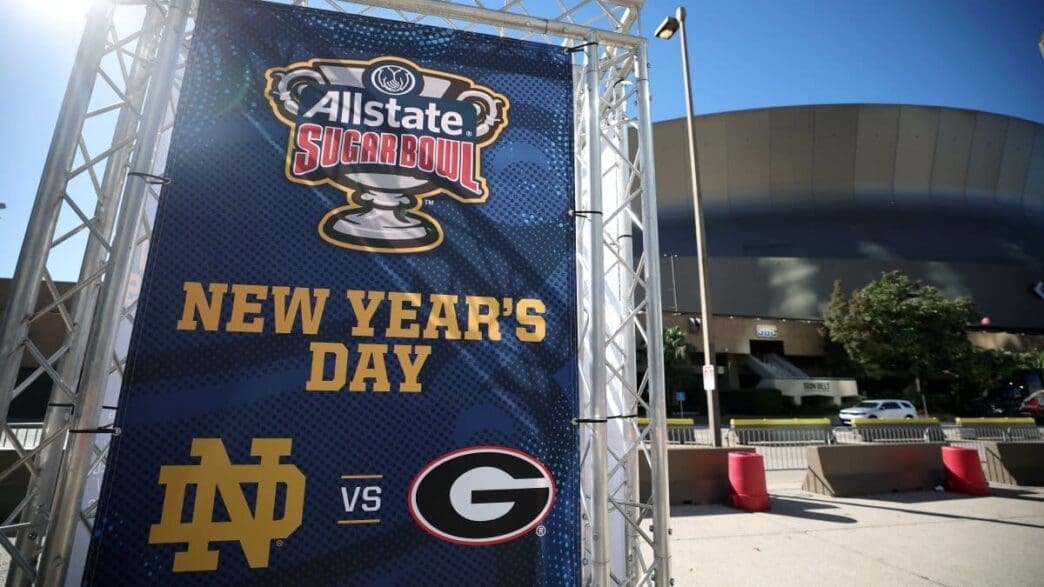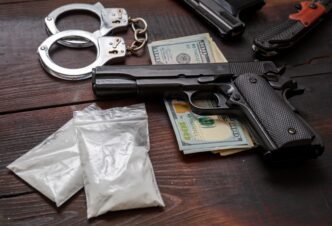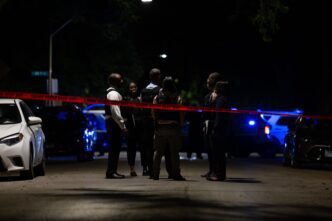A tragic incident in New Orleans has forced the postponement of the highly anticipated Sugar Bowl College Football Playoff game, initially scheduled for New Year’s Day. The event, which was to feature a quarterfinal clash between Georgia and Notre Dame, has been rescheduled due to a devastating attack that left at least 10 people deceased and numerous others injured.
The unfortunate event occurred when a driver deliberately drove a pickup truck into a crowd of revelers in the French Quarter, early on New Year’s Day. This attack, which has been labeled as a terrorist act by the FBI, resulted in a confrontation where the driver was fatally shot by the police. The 24-hour postponement was confirmed during a news conference, with the game now set to take place on Thursday at the originally planned time.
The Superdome, located approximately a mile from the attack site, had been preparing to host the match when it was placed under lockdown. Law enforcement conducted thorough security sweeps to ensure the safety of the premises and its visitors. Those working at the Superdome, including officials from the Sugar Bowl and Sun Belt Conference, were advised to stay away until the situation was resolved.
[twitter-embed-display twitter_url=’https://twitter.com/NotreDame/status/1874479428090175830′]
Jason Williams, the district attorney of Orleans Parish, confirmed in a press briefing that discussions with local, state, and federal authorities are ongoing. The CEO of the Sugar Bowl Committee, Jeff Hundley, expressed his distress over the incident, highlighting the committee’s commitment to communicating further details as they emerge.
The impact of the attack is being felt deeply across New Orleans and beyond. Mayor LaToya Cantrell and Police Commissioner Anne Kirkpatrick characterized the driver’s actions as intentional and malicious, with Kirkpatrick stating, “This man was trying to run over as many people as he could.” The city’s atmosphere is notably somber as officials and citizens alike process the shock of the incident.
The Notre Dame team, staying just blocks from where the attack unfolded, expressed their condolences and solidarity with the victims. They have invited fans to join them in prayers for those affected. In a statement, they emphasized their collaboration with law enforcement to fully understand the repercussions of the attack.
The attack, shaking the city recognized worldwide for its vibrant celebrations, casts a shadow over what was meant to be a festive season. The incident underscores the potential vulnerabilities during large public gatherings, prompting a reevaluation of security measures for upcoming events, including the Super Bowl slated for February at the same venue.
The postponement of the Sugar Bowl is a somber reminder of the unpredictability of such violent acts. As New Orleans grapples with the aftermath of this tragedy, the focus remains on ensuring safety and providing support to all affected by this senseless act. It is a time for reflection and for the community to come together in solidarity.
Source: Nbcmiami – Twitter








